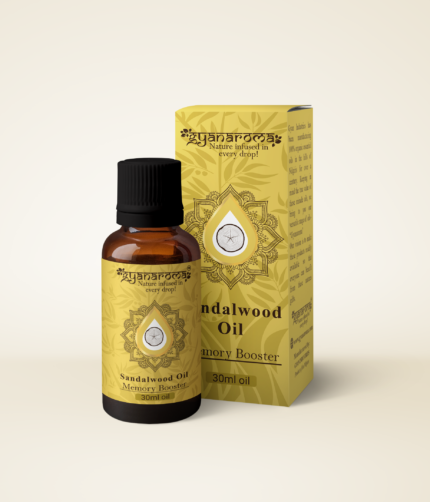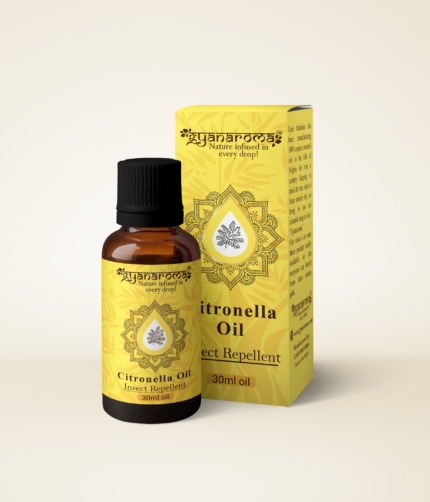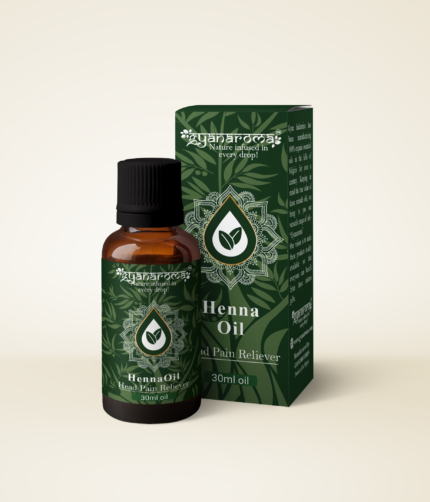Clove Oil – Benefits, Effects and Uses:
by GyanAroma Oils January 16, 2022,
Sourced from Syzygium aromaticum, an evergreen tree that grows in Asia and South America, cloves are a spice used in cooking. Rich in antioxidants, vitamins, and minerals, cloves have been used tonically in traditional Chinese medicine and Ayurvedic medicine to strengthen the immune system, reduce inflammation, and aid in digestion.
WHAT IS CLOVE OIL USED FOR?
Clove is most commonly recognized as a spice used for cooking, but it has also been used for centuries to treat various health concerns. Some of these potential benefits have been evidenced by research.
The following are the benifits of Clove oil:
- Nutrition:
As a spice, clove confers significant nutritional benefits. According to nutrition data, one teaspoon of ground cloves contains 30% of the RDI of the mineral manganese, 4% of the RDI of vitamin K, 3% of the RDI of vitamin C, and trace amounts of calcium, magnesium, and vitamin E. It is also a good source of fiber.Vitamin C and eugenol are both antioxidants that can help slow the development of chronic disease. Manganese is important to bone health.- Toothache and Dental Pain:
Many of the health benefits of clove oil are thought to result from its analgesic, anti-inflammatory, and antibacterial effects.Clove oil is perhaps best known as a remedy for toothache and dental pain. In a 2006 study of 73 adults, for instance, researchers found that clove-based gel was comparable to benzocaine (a local anesthetic) in its ability to ease pain resulting from injections in the mouth.The antibacterial properties of clove may help reduce oral bacteria that can lead to the development of plague, gingivitis, and cavities.
- Diabetes:
There is some evidence that clove may benefit people with diabetes or prediabetes. This is based on research that suggests that clove may help reduce blood sugar (glucose) before and after eating food.According to the 2019 pilot study, significant reductions were found in the glucose levels of healthy volunteers who ingested a polyphenolic clove extract, building off of promising results in preclinical studies regarding the effect of clove on helping to regulate blood sugar.Further research is needed to determine whether the same effect can be achieved in people with diabetes.


Acne:
Although tea tree oil (an essential oil used in aromatherapy) is better known as a natural spot treatment for acne, clove oil is sometimes also used for pimples.According to a 2017 in vivo study, ethanolic clove extract containing eugenol suppressed activity of the bacterium P.acnes and reduced a related inflammatory response in a mouse model.As P.acnes is associated with acne, this supports the conducting of further research into whether clove oil can be an effective treatment for breakouts.
Food Poisoning Prevention:
According to a 2018 review, clove oil, and specifically the constituent eugenol, shows advantages over potassium sorbate, sodium benzoate, and other chemical food preservatives in terms of antimicrobial activity, safety, and aroma, making it worthy of consideration as a substitute food preservative.In lab tests published in 2009, scientists found that clove bud oil (as well as essential oils of cinnamon and allspice) also helped suppress the growth of listeria, another common bacteria known to cause food-borne illness, indicating clove oil may be helpful in protecting against food poisoning.
How to use:
- Topical application: Dilute clove oil with a carrier oil like coconut oil and apply it to the affected area for pain relief or treating skin conditions.
- Aromatherapy: Use clove oil in a diffuser or inhaler for stress relief or to freshen up a room.
- Dental health: Add a drop of clove oil to your toothpaste or mouthwash for added antimicrobial protection.







